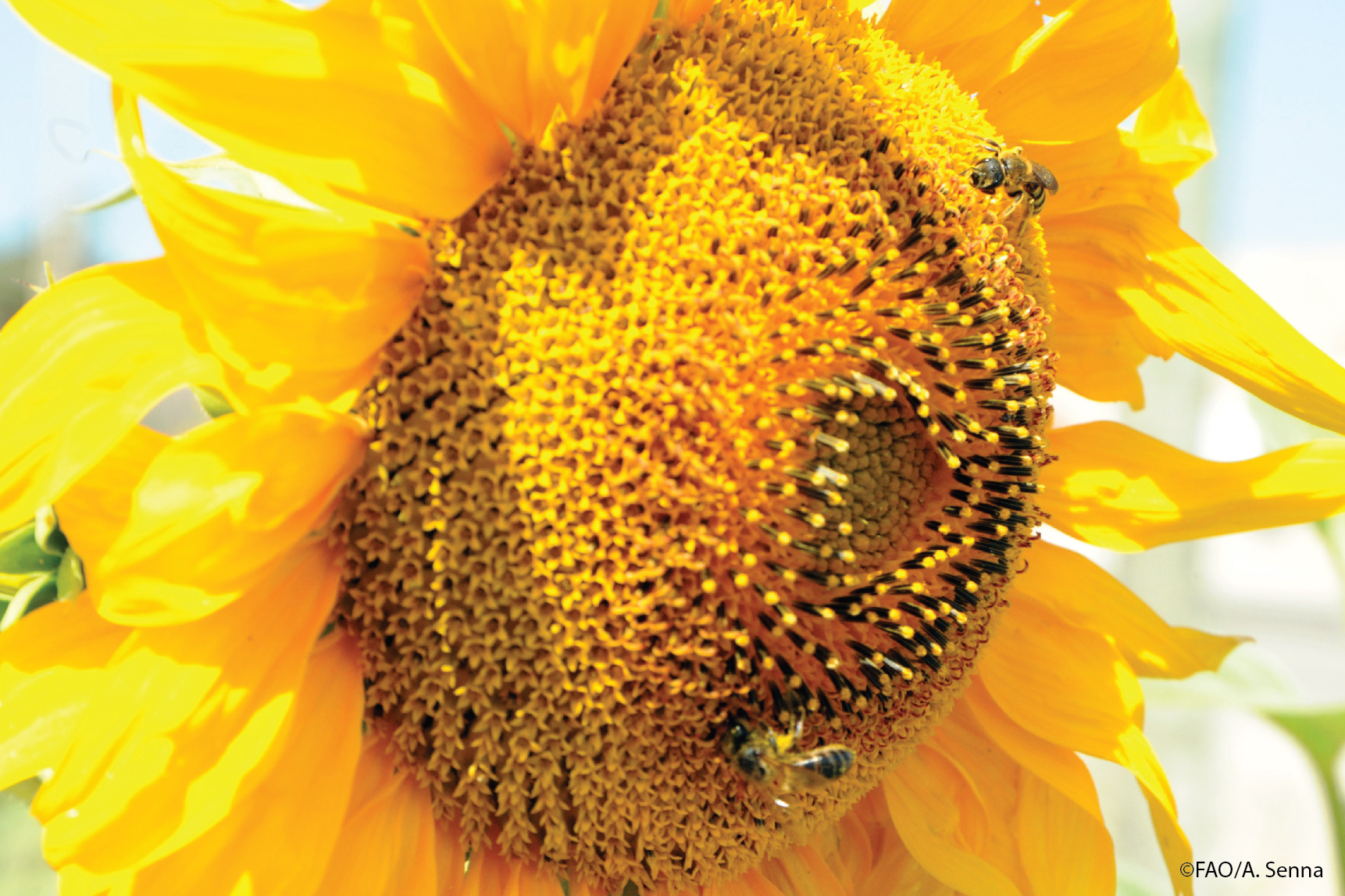Micro-organism and invertebrates
 Micro-organisms and invertebrates are the most numerous groups of species on Earth. Invertebrates are a highly diverse group, ranging from tiny insects to giant squids, and account for more than 95 percent of all animal species. Micro-organisms comprise the vast and diverse range of organisms that are too small to be seen by the human eye. Both groups are vital to food and agriculture.
Micro-organisms and invertebrates are the most numerous groups of species on Earth. Invertebrates are a highly diverse group, ranging from tiny insects to giant squids, and account for more than 95 percent of all animal species. Micro-organisms comprise the vast and diverse range of organisms that are too small to be seen by the human eye. Both groups are vital to food and agriculture.Various kinds of microorganisms establish mutually beneficial symbiosis with agricultural plants (e.g. colonizing roots and improving nutrient uptake) or animals (e.g. living the rumens of species such as cattle, sheep and goats and enabling them to digest fibrous feed). Microorganisms also provide vital services in food processing, for example fermentation by yeasts and bacteria in the production of bread, yoghurt and various other foods. Many crops depend on invertebrate pollinators, most commonly bees. Both microorganisms and invertebrates play major roles as biological control agents and are indispensable in nutrient cycling and in the formation and maintenance of soils.
Unfortunately, even as scientists are discovering the many roles and values of micro-organisms and invertebrates, this diversity is being eroded or lost. Changes in land use and resulting habitat loss, the use of pesticides and fertilizers, changes in climate and upsurges in invasive alien species have all upset ecosystem balances and interfered with the valuable ecosystem services provided by micro-organisms and invertebrates.
FAO has a long tradition of technical work on the management of micro-organisms and invertebrates in food and agriculture, for example their use in integrated pest management. It also facilitates and coordinates two global initiatives of the Convention on Biological Diversity in this field: the International Initiative for the Conservation and Sustainable Use of Pollinators and the International Initiative for the Conservation and Sustainable Use of Soil Biodiversity. Many partner organizations collaborate with FAO on these important initiatives.
Working Group on MIGR
Publications
- Sustainable use and conservation of invertebrate pollinators BSP# 72)
- Sustainable use and conservation of microbial and invertebrate biological control agents and microbial biostimulants (BSP# 71)
- Status and Trends of the Conservation and Sustainable Use of Micro-Organisms in Food Processes (BSP# 65)
- Good beekeeping practices for sustainable apiculture







